#literature roleplay
Text
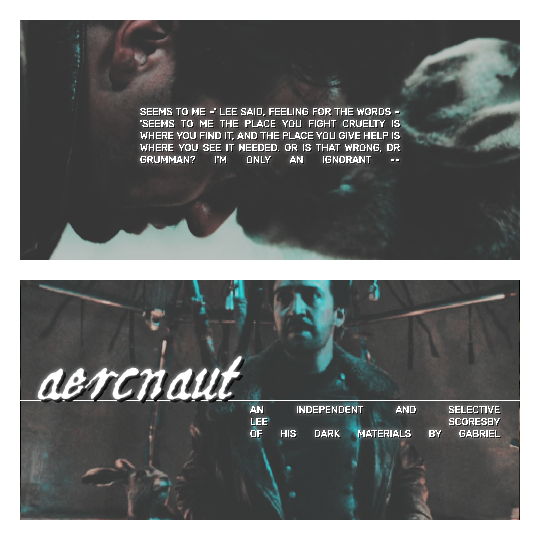
serafina said, " have you been married, MR. SCORESBY? have you any children? "
" no, ma'am, i have no child, though i would have liked to be a father. but i understand your question, & you're right: that little girl has had bad luck with parents, & maybe i can make it up to her. someone has to do it, & i'm willing. "
ind. sel. canon divergent & headcanon based LEE SCORESBY of HIS DARK MATERIALS piloted by gabriel
personals do not interact
promo template credit
#*005. hire yourself an aeronaut // self promo.#{but gabriel didn't you just post a new promo??? YES I DID THIS ONE IS SEXIER}#hdm roleplay#hdm rp#his dark materials roleplay#indie rolepaly#literature roleplay#fantasy roleplay#his dark materials rp#indie rp#literature rp#fantasy rp
34 notes
·
View notes
Text
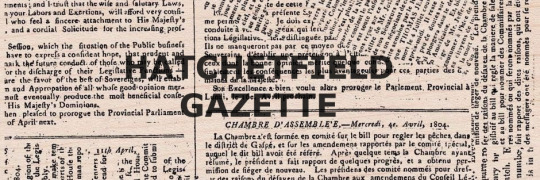
written by ali ; follows from @slautertm ; featuring characters from hatchetfield, the hunger games, theater and more…
…darkness will spare my soul…
#i made a second image that i’m still proud of but didn’t fit so idk what im going to do with it but#this is actually okay and good enough :)#hatchetfield rp#hatchetfield roleplay#the hunger games rp#the hunger games roleplay#literature roleplay#horror roleplay
9 notes
·
View notes
Photo
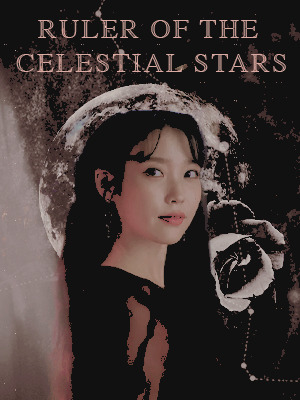
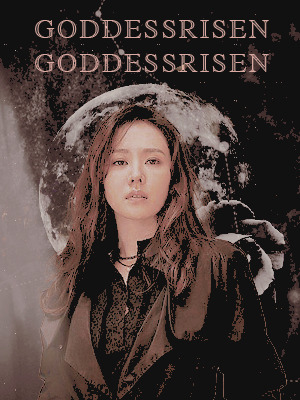
You are the Primordial Goddess. Creator of the universe, phoenix of the celestial pathways. You fear nothing. The flames of your wings shall set the universe aflame in your glory.
Indie, Private & Selective Fandomless Goddess OC. NSFW due to mature themes present. Loved by Aries.
Credit
#✦ — • self promo •#anime roleplay#video game roleplay#literature roleplay#fantasy roleplay#mcu roleplay#dc roleplay#// it finally here!!#// support my tomfoolery~?#<3
35 notes
·
View notes
Text
Hello!
welcome to my funky little blog :)
I noticed lately that there's a lot of rp finder blogs but not a lot of ads popping up for things relating to broadway or books.
I personally *love* writing scenes from all types of books and all realms of theatre so I figured why not find a way to facilitate that a bit?
Surely if you've read this far you're interested in RP asks (please read my rules first, thanks!) so...
please include the following information in your asks:
Name:
Age and Age range: (Required)
Pronouns: (optional)
Timezones: (optional)
Fandom(s): (Required)
Style: semi-lit, lit, script (optional)
Type of rp: 1x1, group, etc (required)
Characters you'll play as: (optional)
Characters you're looking for: (optional)
Pairings: canon x canon, oc x canon, self insert oc x canon (optional)
TW: Please tell me if there's a TW in the plot so I can tag it!
Where you rp: discord, tumblr, etc (required)
Other: you can list anything in here like more info about yourself. (Optional)
Feel free to message me if there's any problems or you have any questions!
#roleplay#roleplay finder#one on one roleplay#grouproleplay#broadway roleplay#canon x canon rp#canon x canon roleplay#canon x oc roleplay#canon x oc rp#multi fandom roleplay#multifandom rp#classics roleplay#classics rp#literature rp#literature roleplay
5 notes
·
View notes
Text
@wvsteria said : Was that [DEAN FUJIOKA]? Oh no no, that was just [KAUL LANSHINWAN], a [CANON CHARACTER] from [THE GREEN BONE SAGA]. They are [THIRTY-SIX] years old, use [HE/HIM], and [ARE NOT] aware that they are not actually from Washington DC. Too bad they can’t stray from this city for long. {moon}
accepted! welcome to washington d.c. kaul lanshinwan [dean fujioka]! please send in your account within 24 hours! please be sure to take a look at the checklist now that you've arrived! we look forward to seeing you around the city!

#the green bone saga rp#jade city rp#literature rp#literature roleplay#appless rp#wvsteria#accepted#admin ollie
0 notes
Text
Step Between the Lines at the Unbound Pages! Have you ever craved a deeper dive into your favorite story? Wished you could walk alongside the characters, feel the thrill of their adventures, or whisper advice in their ear? This isn't your ordinary library. Here, towering shelves overflow with stories, each a shimmering portal to a world untold. Characters of every kind - valiant warriors, cunning detectives, fantastical creatures, and lovestruck heroes - can step out from the pages and mingle in this haven of unbound narratives.
Unleash Your Inner Character (or Become a Patron of the Unbound!) Do you dream of wielding a sword alongside a valiant warrior from a childhood book? Perhaps you crave the thrill of unraveling a mystery with a cunning detective.
The Unbound Pages welcomes not just literary heroes and original characters, but also patrons – people like you who share a love for stories and adventure.
Explore Untold Tales as a Patron Whether you're a scholar of forgotten lore, a seeker of hidden knowledge, or simply a curious mind yearning for a taste of the extraordinary, The Unbound Pages welcomes you.
Patrons can: Interact with Literary Legends: Engage in stimulating conversations with iconic characters, share your interpretations of their stories, and maybe even offer them a unique perspective. Influence the Narrative: Witness events unfold and subtly nudge the course of these epic tales with your insights and actions. Forge Unlikely Alliances: Form friendships with characters and patrons alike, building a vibrant community within this haven of boundless stories.
A Tapestry of Genres Awaits The Unbound Pages transcends the limitations of genre. Picture a lively exchange between a witty Jane Austen heroine and a chivalrous knight. Witness the thrilling alliance between a resourceful post-apocalyptic survivor and a cunning cyberpunk hacker. Here, the possibilities are boundless!
0 notes
Note
Do you happen to know the origin of the fantasy trope in which a deity's power directly corresponds to the number of their believers / the strength of their believers' faith?
I only know it from places like Discworld and DnD that I'm fairly confident are referencing some earlier source, but outside of Tinkerbell in Peter Pan, I can't think of of any specific work it might've come from, 20th-c fantasy really not being my wheelhouse.
Thank you!
That's an interesting question. In terms of immediate sources, I suspect, but cannot prove, that the trope's early appearances in both Dungeons & Dragons and Discworld are most immediately influenced by the oeuvre of Harlan Ellison – his best-known work on the topic, the short story collection Deathbird Stories, was published in 1975, which places it very slightly into the post-D&D era, though most of the stories it contains were published individually earlier – but Ellison certainly isn't the trope's originator. L Sprague de Camp and Fritz Leiber also play with the idea in various forms, as does Roger Zelazny, though only Zelazny's earliest work is properly pre-D&D.
Hm. Off the top of my head, the earliest piece of fantasy fiction I can think of that makes substantial use of the trope in its recognisably modern form is A E van Vogt's The Book of Ptath; it was first serialised in 1943, though no collected edition was published until 1947. I'm confident that someone who's more versed in early 20th Century speculative fiction than I am could push it back even earlier, though. Maybe one of this blog's better-read followers will chime in!
(Non-experts are welcome to offer examples as well, of course, but please double-check the publication date and make sure the work you have in mind was actually published prior to 1974.)
#gaming#tabletop roleplaying#tabletop rpgs#dungeons & dragons#d&d#tropes#media#literature#religion#death mention
4K notes
·
View notes
Photo

:// PORTKEY
CALLIOPE MALFOY
0 notes
Text
I sort of thought I'd be doing more role-play on this account, but it appears role-play has mostly moved to discord! Odd, but I can deal with it.
1 note
·
View note
Text
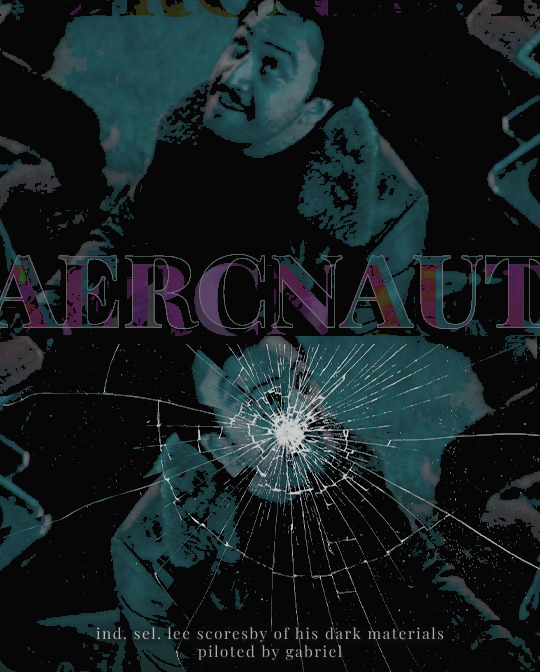
#AERCNAUT :: ind. sel. canon divergent LEE SCORESBY of HIS DARK MATERIALS piloted by GABRIEL.
personals dni
as lyra talked, someone else joined the group.
" so you've spoken to old iorek? " he said.
she looked at the newcomer in surprise. he was a tall, lean man with a thin mustache & narrow eyes, & a perpetual expression of distant & sardonic amusement.
promo credit
#*005. hire yourself an aeronaut // self promo.#his dark materials rp#hdm rp#indie rp#literature rp#his dark materials roleplay#indie rolepaly#hdm roleplay#literature roleplay#fantasy roleplay
12 notes
·
View notes
Photo

Independent Tess Durbeyfield from Thomas Hardy's Tess of the D'Urbervilles.
Independent. Private. Selective.
As loved by Marie.
Please read rules before interacting.
#roleplay#roleplay promo#girl i haven't done one of these in years my skills are shoDDY#literature roleplay#historical roleplay#classic literature roleplay#book roleplay#literature#victorian roleplay#period piece roleplay#roleplay promotion#in tears#i love her so much
1 note
·
View note
Text
https://jennifer-365.szhdyy.com.cn/c/iDTdWb5
#mulheres#make out#doki doki literature club#illuminati#hanbin#miya atsumu#roleplay#lily evans#viking barbie#buy my videos#analog#eva padlock#fruit#jemima robinson
130 notes
·
View notes
Text
https://natasha-746.ludgu.top/z/HM68Bno
#Moemi Katayama#aaron hotchner#manhattan#mulheres#make out#doki doki literature club#illuminati#hanbin#song of achilles#miya atsumu#blackbonnet#roleplay#citas en español#lily evans#made in abyss
122 notes
·
View notes
Text
@mcrcki said : can i also pls reserve sorrel blackbeak (anya chalotra fc) from throne of glass :)
sorrel blackbeak (anya chalotra fc) is now reserved for maig until 4/12 at 4:50 pm est!

0 notes
Text
#guitar#kuromi#treasure planet#orange#humans are space oddities#my gifs#doki doki literature club#hanbin#blackbonnet#roleplay#lily evans#viking barbie#buy my videos#wall art
123 notes
·
View notes
Text
On the one hand, it's true that the way Dungeons & Dragons defines terms like "sorcerer" and "warlock" and "wizard" is really only relevant to Dungeons & Dragons and its associated media – indeed, how these terms are used isn't even consistent between editions of D&D! – and trying to apply them in other contexts is rarely productive.
On the other hand, it's not true that these sorts of fine-grained taxonomies of types of magic are strictly a D&D-ism and never occur elsewhere. That folks make this argument is typically a symptom of being unfamiliar with Dungeons & Dragons' source material. D&D's main inspirations are American literary sword and sorcery fantasy spanning roughly the 1930s through the early 1980s, and fine-grained taxonomies of magic users absolutely do appear in these sources; they just aren't anything like as consistent as the folks who try to cram everything into the sorcerer/warlock/wizard model would prefer.
For example, in Lyndon Hardy's "Five Magics" series, the five types of magical practitioners are:
Alchemists: Drawing forth the hidden virtues of common materials to craft magic potions; limited by the fact that the outcomes of their formulas are partially random.
Magicians: Crafting enchanted items through complex manufacturing procedures; limited by the fact that each step in the procedure must be performed perfectly with no margin for error.
Sorcerers: Speaking verbal formulas to basically hack other people's minds, permitting illusion-craft and mind control; limited by the fact that the exercise of their art eventually kills them.
Thaumaturges: Shaping matter by manipulating miniature models; limited by the need to draw on outside sources like fires or flywheels to make up the resulting kinetic energy deficit.
Wizards: Summoning and binding demons from other dimensions; limited by the fact that the binding ritual exposes them to mental domination by the summoned demon if their will is weak.
"Warlock", meanwhile, isn't a type of practitioner, but does appear as pejorative term for a wizard who's lost a contest of wills with one of their own summoned demons.
Conversely, Lawrence Watt-Evans' "Legends of Ethshar" series includes such types of magic-users as:
Sorcerers: Channelling power through metal talismans to produce fixed effects; in the time of the novels, talisman-craft is largely a lost art, and most sorcerers use found or inherited talismans.
Theurges: Summoning gods; the setting's gods have no interest in human worship, but are bound not to interfere in the mortal world unless summoned, and are thus amenable to cutting deals.
Warlocks: Wielding X-Men style psychokinesis by virtue of their attunement to the telepathic whispers emanating from the wreckage of a crashed alien starship. (They're the edgy ones!)
Witches: Producing improvisational effects mostly related to healing, telepathy, precognition, and minor telekinesis by drawing on their own internal energy.
Wizards: Drawing down the infinite power of Chaos and shaping it with complex rituals. Basically D&D wizards, albeit with a much greater propensity for exploding.
You'll note that both taxonomies include something called a "sorcerer", something called a "warlock", and something called a "wizard", but what those terms mean in their respective contexts agrees neither with the Dungeons & Dragons definitions, nor with each other.
(Admittedly, these examples are from the 1980s, and are thus not free of D&D's influence; I picked them because they both happened to use all three of the terms in question in ways that are at odds with how D&D uses them. You can find similar taxonomies of magic use in earlier works, but I would have had to use many more examples to offer multiple competing definitions of each of "sorcerer", "warlock" and "wizard", and this post is already long enough!)
So basically what I'm saying is giving people a hard time about using these terms "wrong" – particularly if your objection is that they're not using them in a way that's congruent with however D&D's flavour of the week uses them – makes you a dick, but simply having this sort of taxonomy has a rich history within the genre. Wizard phylogeny is a time-honoured tradition!
#gaming#tabletop roleplaying#tabletop rpgs#dungeons & dragons#d&d#worldbuilding#taxonomy#phylogeny#media#literature#history#literary history#death mention
3K notes
·
View notes